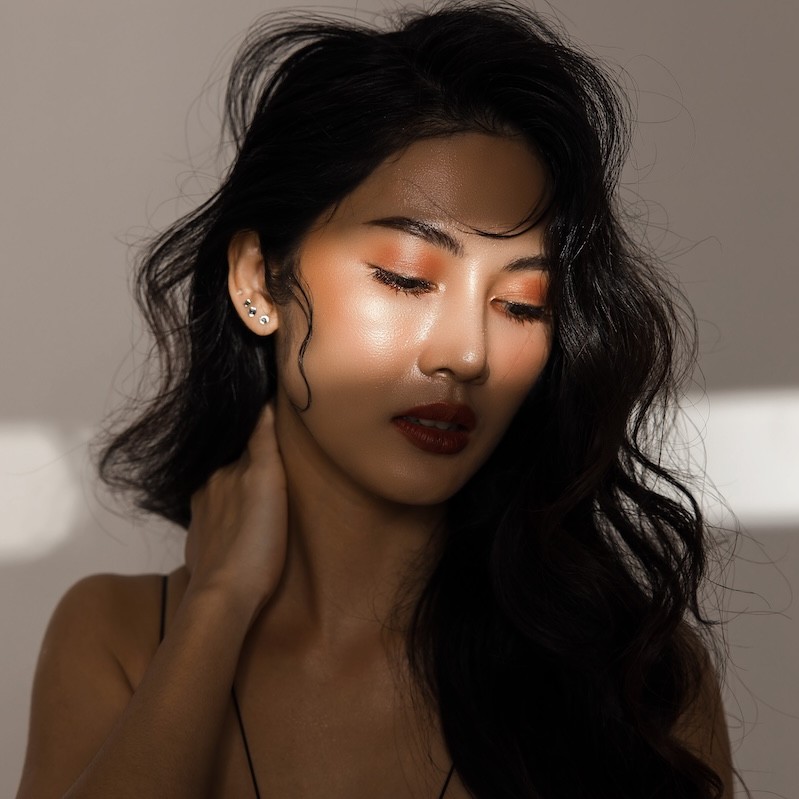From skin analysis to marketing support, discover how AI can help beauty professionals work smarter, attract more clients and grow their business without losing the personal touch
Artificial intelligence (AI) is revolutionising industries worldwide, and the beauty, spa and aesthetics sectors are no exception.
For beauty professionals juggling the roles of therapist, receptionist, marketer, bookkeeper and more, AI offers a way to save time, reduce overwhelm, and grow a business without losing the personal touch clients value most.
As beauty business coach Kerri-Ann Angus puts it, “AI isn’t here to take your job. It’s here to take the weight off your shoulders.”
Rather than replacing therapists and salon owners, AI is becoming a supportive tool, helping professionals work smarter, not harder.
AI in skin analysis and treatment planning
For advanced treatments, AI-powered tools are already making a huge impact.
Victoria Burles-Piihl, aesthetic dermatology nurse and co-founder of Cutis Clinic Denmark and Apeer Beauty, has seen first-hand how AI is transforming consultations.
She says, "AI facial scanning technology has revolutionised how I approach skin conditions such as melasma.
“By distinguishing between vascular, dermal and epidermal melasma, AI enables me to design targeted and effective treatment plans, eliminating guesswork and ensuring optimal results."
AI’s ability to analyse vast amounts of data also allows professionals to provide more personalised recommendations.
"In my clinics, AI-enhanced skin assessments ensure that every client receives a regimen tailored to their specific concerns, whether it's hydration, pigmentation correction or anti-ageing solutions," she explains.
Marketing and admin: AI as your virtual assistant
For many salon owners and solo practitioners, the challenge isn’t skill – it’s time.
Angus sees this daily when coaching beauty entrepreneurs who are “stuck on the hamster wheel” of admin, marketing and content creation.
AI tools can ease the load by:
- Creating marketing content quickly – generating captions, posts and email newsletters in minutes.
- Repurposing content across platforms – one before-and-after photo can be turned into an Instagram carousel, Facebook post and email tip in under 15 minutes.
- Streamlining communication – from aftercare reminders to automated birthday offers, AI makes clients feel valued without adding hours to your workload.
The result? Higher engagement, better rebooking rates, and more time to spend doing what you love – treating clients.

Smarter business decisions with AI
AI isn’t just for client-facing tasks. It can also analyse booking patterns, service popularity and seasonal demand to give salon owners a clearer picture of where to focus their efforts.
Instead of guessing which treatments to promote or whether pricing needs to change, professionals can make evidence-based decisions.
As Angus explains, this data-driven approach “helps you raise your prices confidently by showing you exactly where your demand is strong”.
Does AI make the beauty industry too robotic?
Some therapists may worry that AI could strip away the human connection that makes beauty therapy unique. But experts agree the opposite is true when it’s used effectively.
“AI is my supportive tool, not a replacement for my intuition and understanding,” says Burles-Piihl. “In my clinics, I combine AI diagnostics with traditional dermoscopic assessments and in-depth client conversations to ensure a holistic approach.”
Hellen Ward, managing director of Richard Ward Hair & Metrospa and co-founder of the Salon Employers Association (SEA), echoes this, saying, "The more the world becomes robotic, and the more limited human contact is, the more in demand we will become.
"AI may be able to prescribe, consult, book and recommend, but it is no substitute for the wisdom, experience and personal connection of a skilled therapist."
Angus adds that when used well, AI doesn’t make your business robotic. She explains, “Think of it like hiring the most efficient assistant you’ve ever had, one that works 24/7 and never takes a lunch break (a bit like yourself, except AI doesn’t get burnout).”



square.jpg)
